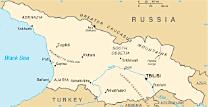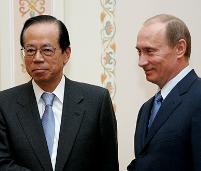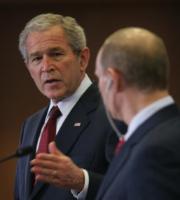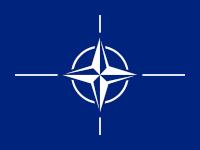
On April 29, 2008, the Russian Foreign Ministry accused the Georgian government in Tbilisi of preparing to invade the pro-Moscow separatist region of Abkhazia, which is located on the eastern shore of the Black Sea, along the Russia-Georgia border. Russian officials announced that they would deploy more peacekeeping troops in the region to defend the separatists. Russian government representatives have claimed that the Georgian military has been reinforcing its garrison in the strategic enclave of the Upper Kodori Valley, the most important part of Abkhazia still under control of the Tbilisi government. The Russian Defense Ministry attributed the current crisis […]





